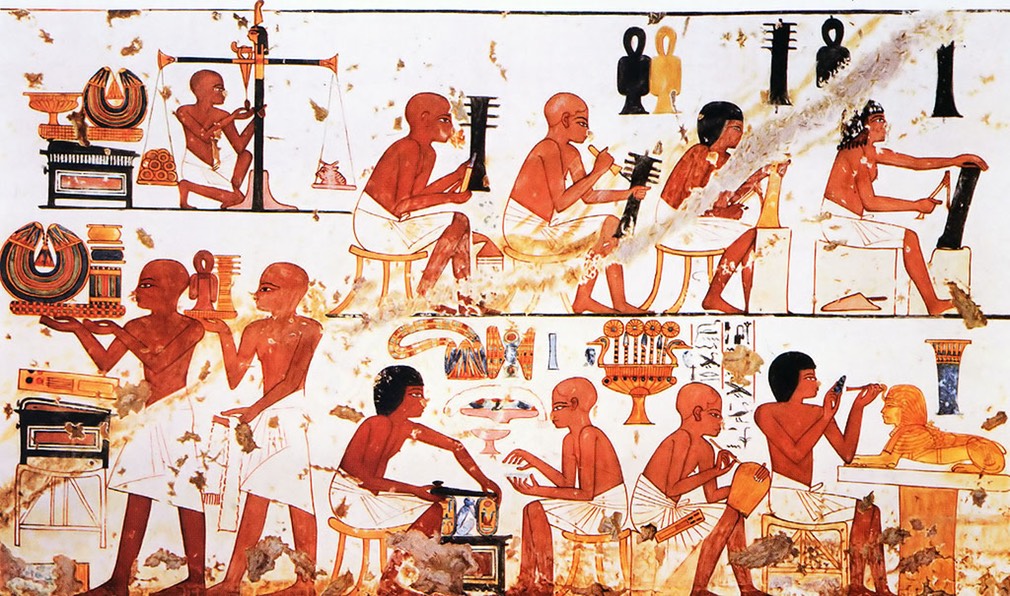by Karen Newcombe
One of the most basic questions about any project, whether it's a writing project, an architectural design for a building, or a new computer program is "What is the scope of work?" What do we mean by that, and how do you go about figuring it out?
What is meant by a scope of work?
A scope of work is a description and/or an estimate of all the work and resources that will be needed in order for a project to be completed on time, and effectively.
What is a scope of work used for?
The scope of work is used for several purposes:
- To help the owner of a project or the client to understand how much effort and resources are required to accomplish their intentions.
- To help determine a realistic budget for the project by identifying all the materials and manpower needed.
- To help outline the steps for accomplishing the work, and to set a project schedule.
- To identify potential bottlenecks and problems.
When I talk to a client about the scope of work for a writing project, I ask how much material they already have vs. how much needs to be written, whether the writing is straightforward or complex/technical, if any background research or interviews are needed, what the due date will be, what audience is being addressed by the piece, whether I'll need to create graphics, do they want/need hyperlinks within the text, and similar questions.
I also ask if everyone on their side of the project is on board, available, and able to keep up with the schedule, as project delays can be caused by the need for approval by multiple parties.
When should I define my scope of work?
The time to start thinking about your scope of work is before you advertise for help, or contact consultants to work with you. The more information you have before you hire a consultant, the more accurate your consultant's project estimate will be, cutting down on add-ons (aka Scope Creep) and last minute surprises (aka Change Orders). A well-defined scope of work also marks you as a knowledgeable professional, someone that a good consultant will want to have as a client. That helps attract top talent to your project and you'll get better results. You don't necessarily need a completely finished scope, either, a good consultant will ask you plenty of questions and help work out the details.
What factors go into determining the project scope?
Here are some of the questions that are important in identifying the scope of a project:
- What is the purpose of this project? How does it help us realize our goals?
- What should the end result be, do, or look like?
- How does this project express or contribute to our company's brand and reputation?
- Who will the project serve? Who are the end users? Who should it appeal to?
- What work is already completed? What background information is available?
- Is any further research needed? Are there people who should be interviewed?
- What is the timeframe? Can the project be completed in the allotted time?
- What resources are needed? People? Materials? Supplies? Travel? Special software?
- What could possibly go wrong?
With the answers to these questions, and others that will occur to you as you work on them, you should have enough information to get started.
Happy scoping!
Photo credit: Goldsmiths at work, from the tomb of Nebamun and Ipuky. Courtesy of the Metropolitan Museum of Art. http://www.metmuseum.org/collection/the-collection-online/search/548568

